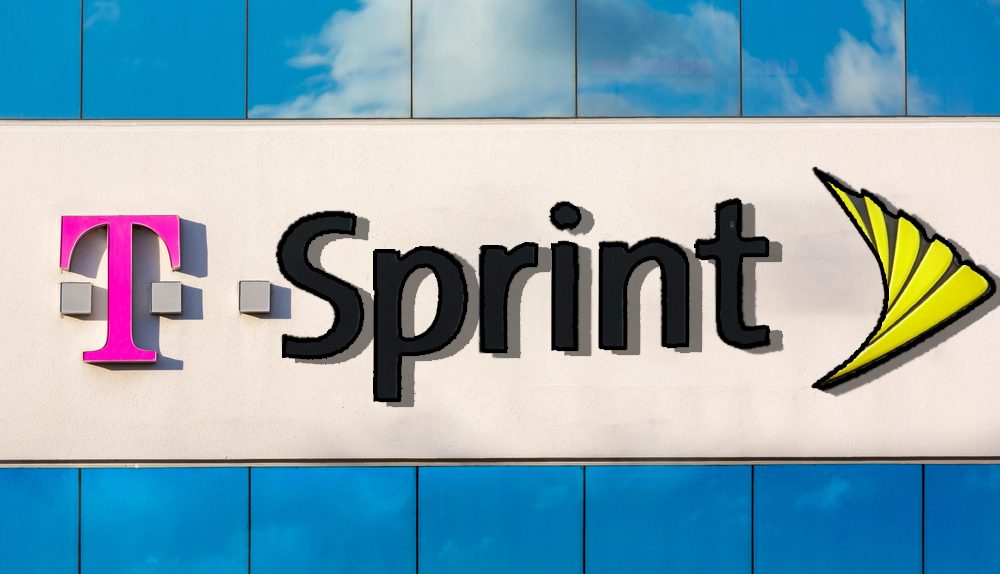Since T-Mobile and Sprint finally stopped flirting and made their union official in April, the two companies have encountered less opposition than you’d expect. Verizon and AT&T, the companies that supposedly have the most to lose from a new and bigger competitor, have been surprisingly OK with the merger, the Federal Communications Commission hasn’t said much on the matter, and vocal opposition has been left to a former wireless exec and a handful of unions.
If regulators sign off, the US’s two smallest networks will merge, taking us down to three big nationwide carriers. The networks say that the deal will improve competition by making New T-Mobile a bigger player, enable a faster 5G rollout, add jobs to the economy, and generally spout rainbows and unicorns across every state. The reality is likely to be less competition, especially in prepaid and at lower price points, and the loss of tens of thousands of jobs.
Petitions to deny the merger were due on Monday, and two big names in the telecoms industry bothered to protest. Dish, a satellite TV provider with big ambitions to build out a 5G network, is the most notable opposer of the merger. “Economic analysis and empirical evidence demonstrate that, instead of enhancing competition, such consolidation is apt to thwart it,” Dish wrote in its filing, seen by Fierce Wireless. “In seeking approval for this transaction, the Applicants must show that the proposed merger will not have anti-competitive effects, or that any such effects will be more than offset by the public benefits that it will produce. But, Sprint and T-Mobile have not yet met this burden, and much work needs to be done for them to carry it.”
Furthermore, Dish led some industry credibility to one of the big arguments against the merger: it would reduce the incentive for T-Mobile to keep acting in the way it has over the last few years, innovating and disrupting the wireless industry with the introduction of (semi) unlimited plans. “Merging with Sprint would largely eliminate the rationale for T-Mobile’s maverick behaviorl,” Dish wrote. “Once it has obtained through the merger the higher market share that it has previously used competition to obtain, there would be little need for New T-Mobile to continue acting as a maverick. Indeed, with its larger customer base, it would be even more costly for New T-Mobile to be a maverick, because low prices would be more costly in terms of foregone lost profits on the larger customer base. It would instead be more rational for New T-Mobile to reap larger profits from those customers, rather than continue trying to gain market share.”
A handful of other companies and organizations, including Altice, C Spire, cable industry organization the NCTA, and 700,000-strong union the CWA also filed opposition, rounded up by Fierce.









